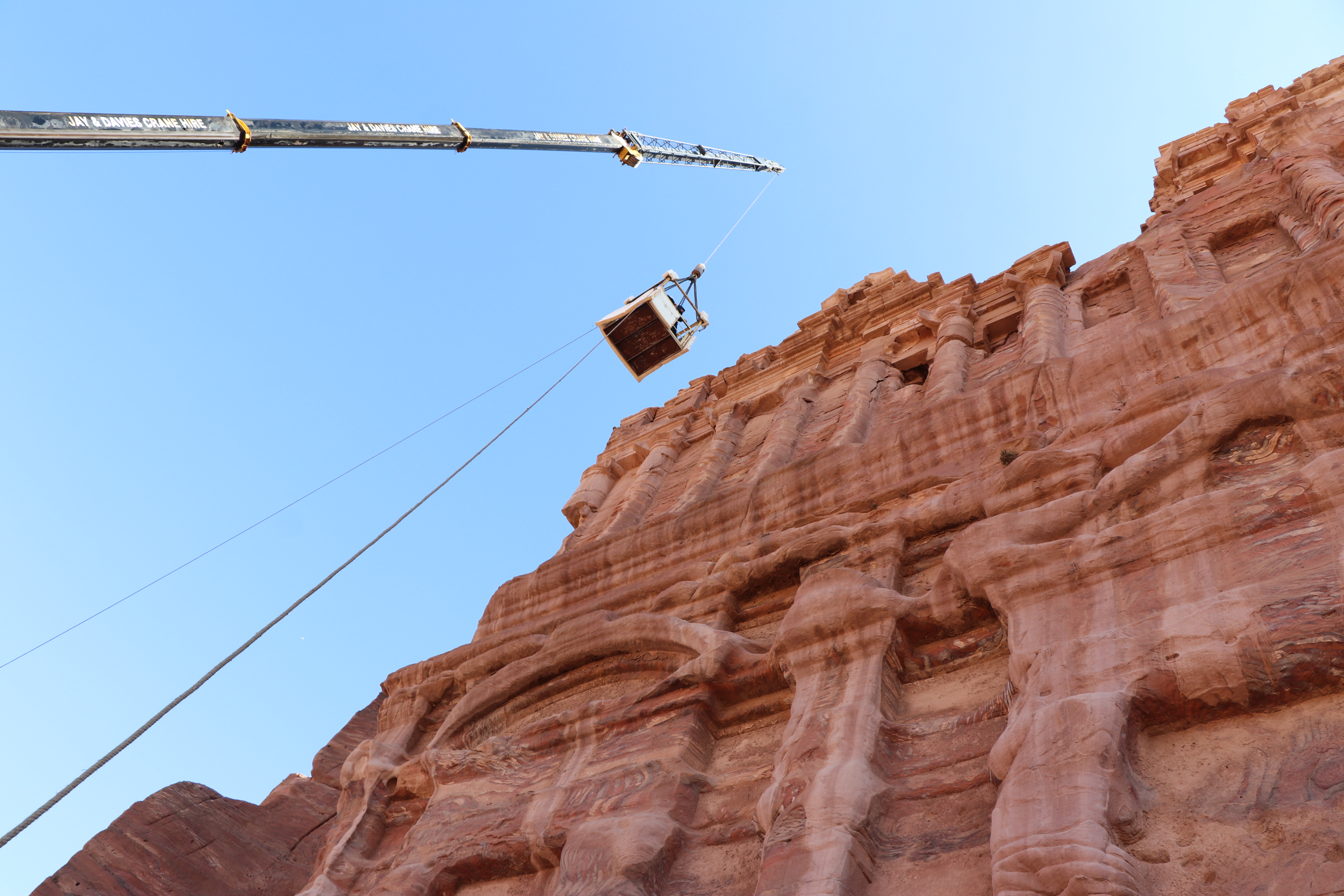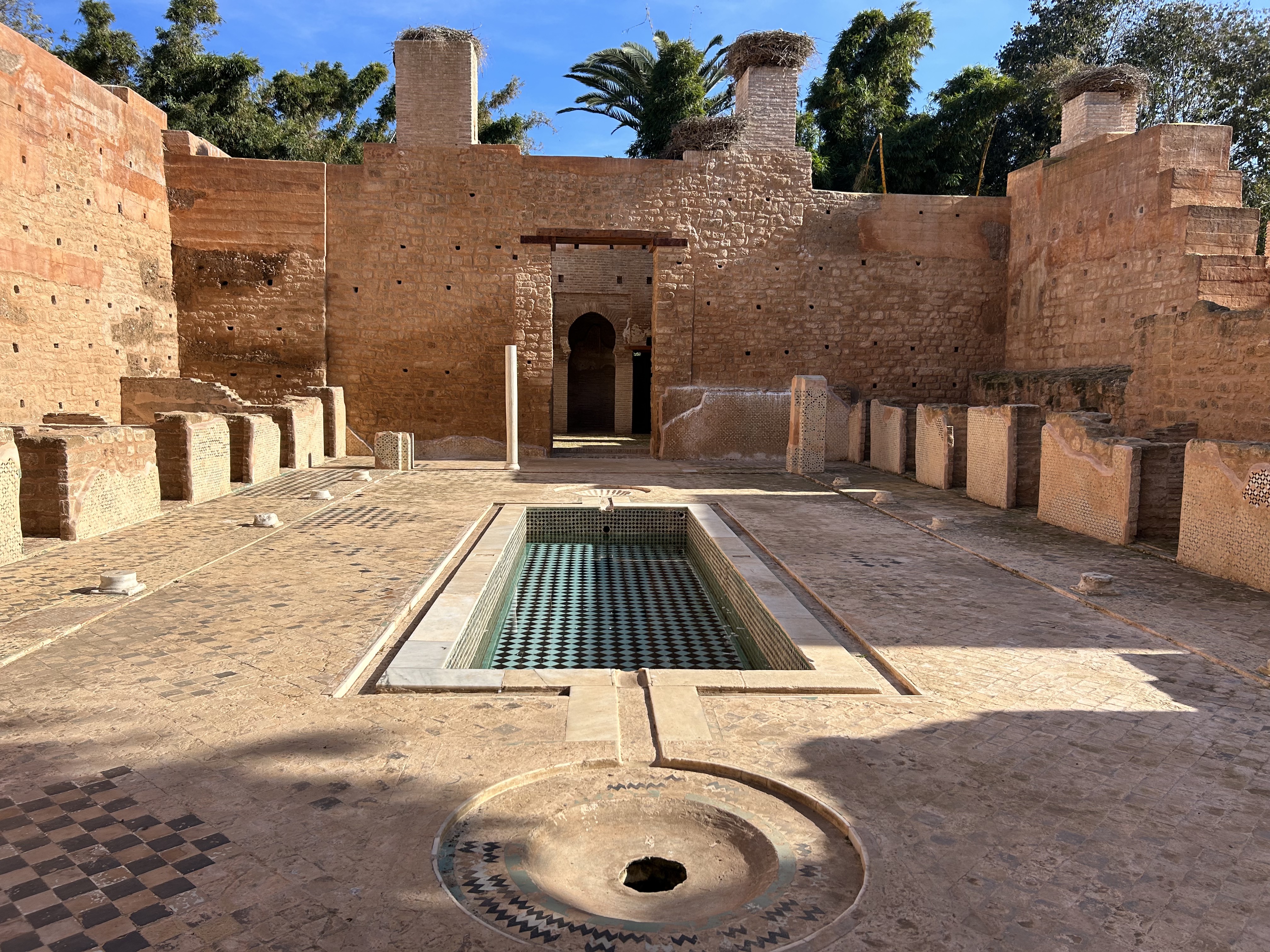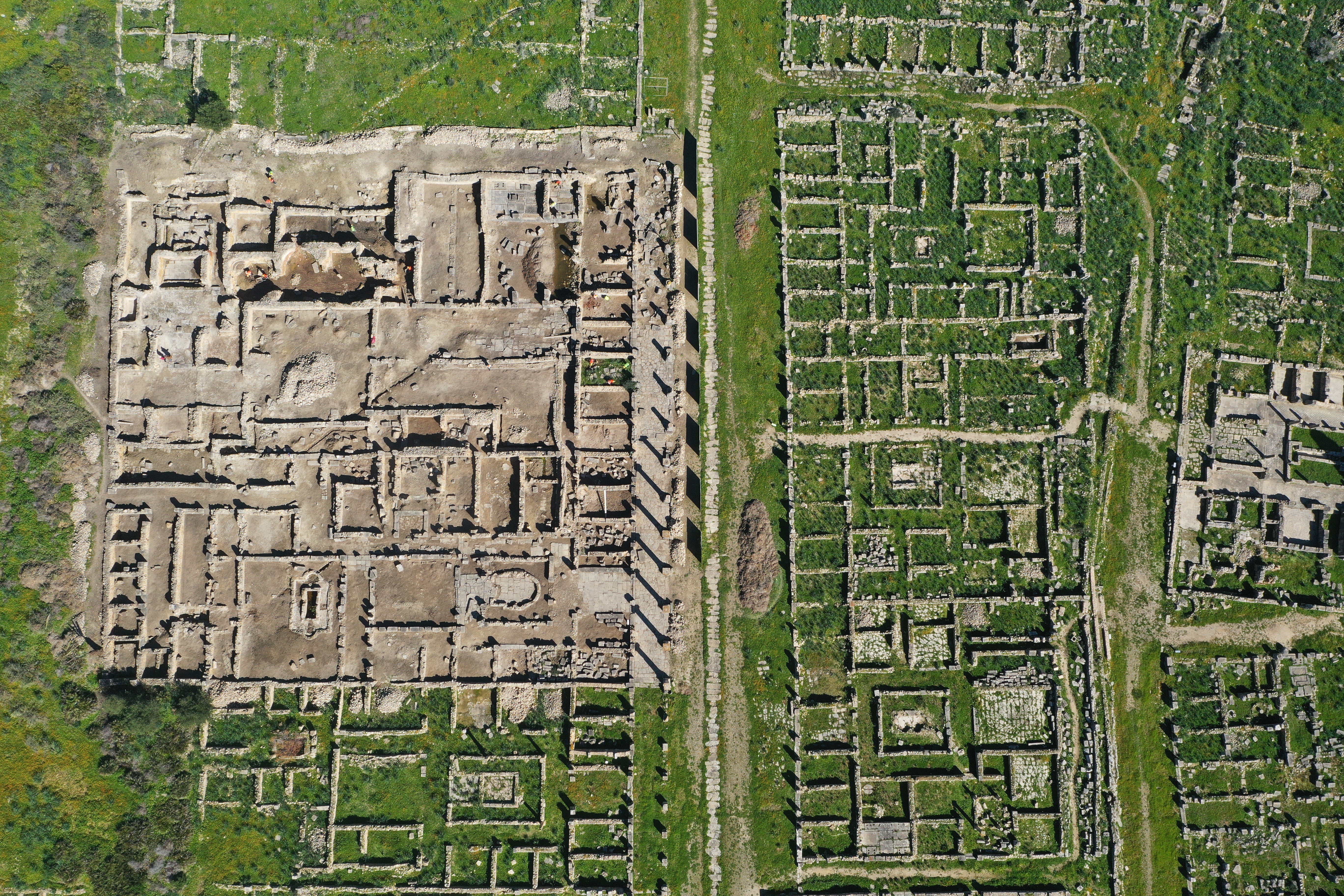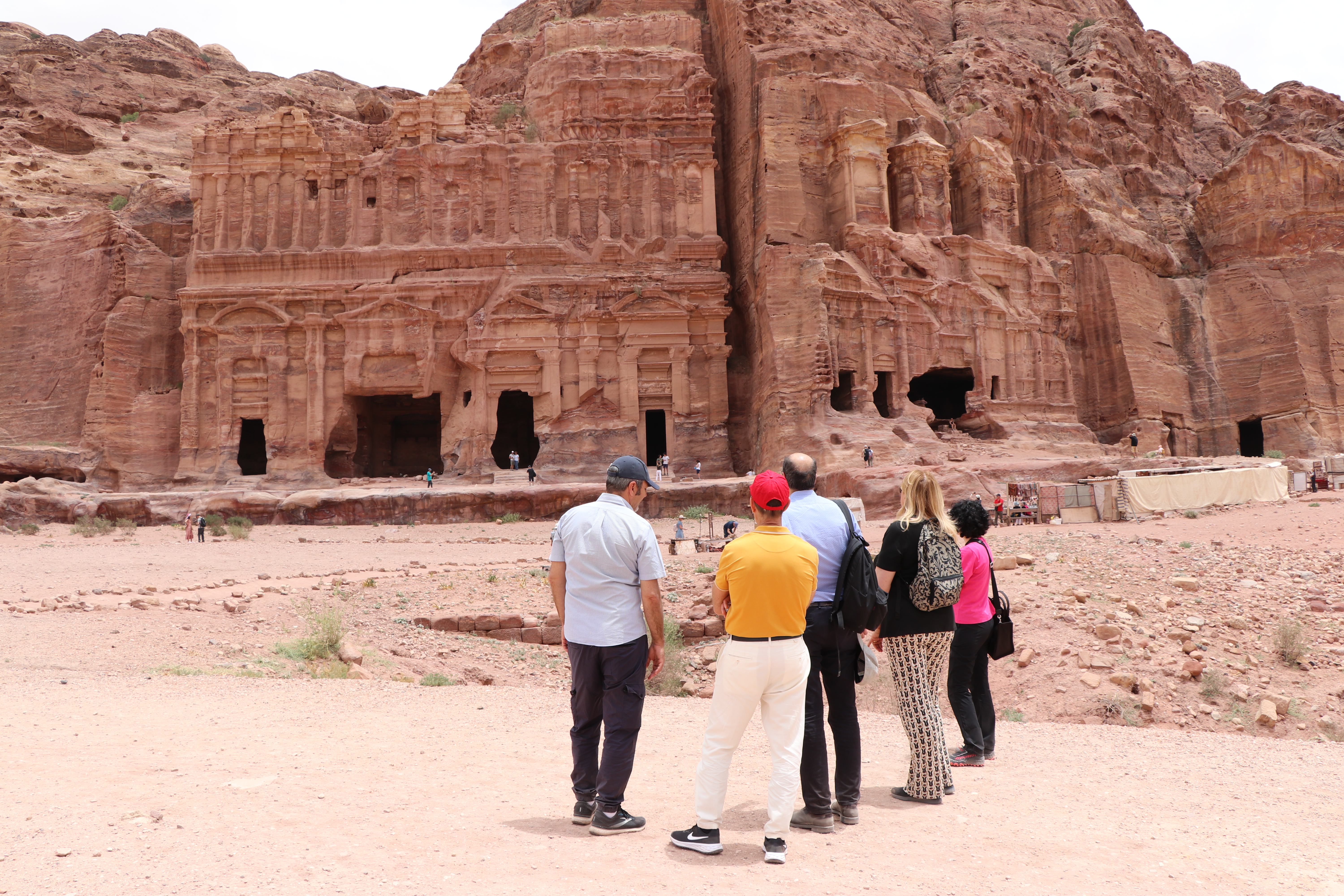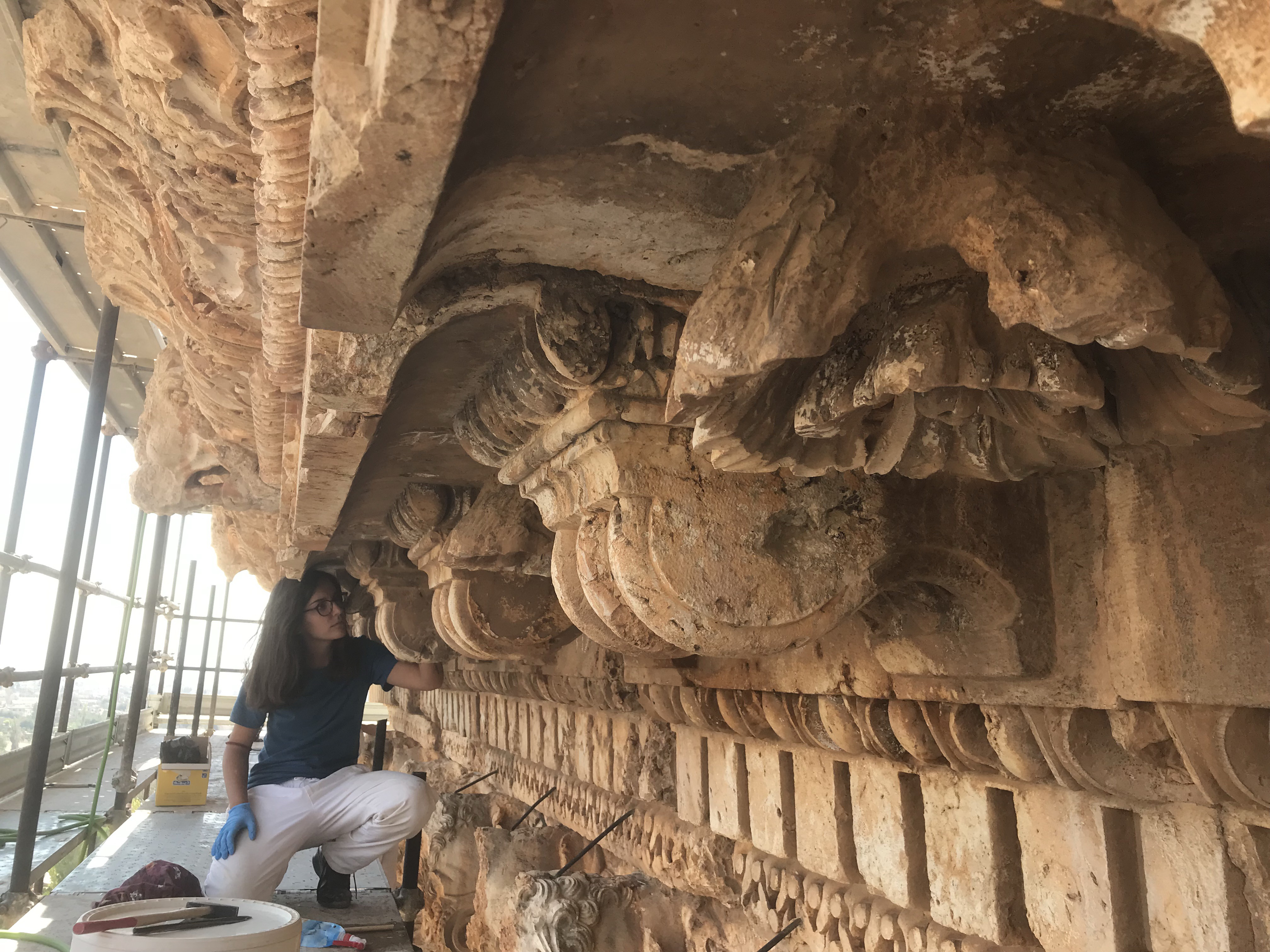The Italian Agency for Development Cooperation (AICS), responsible for implementing the development cooperation policy defined by the Italian Ministry of Foreign Affairs, is participating in the 2024 Mediterranean Exchange of Archaeological Tourism (BMTA) in Paestum from October 31 to November 3. AICS will present projects focused on cultural heritage and development in four Mediterranean and Near Eastern countries: Tunisia, Morocco, Jordan, and Iraq. AICS’s presence aims to highlight the value and effectiveness of cooperation actions in these sectors, showcasing their capacity to drive economic development, foster growth, and bolster identity through specialized training and sustainable, high-quality tourism services.
Since its establishment in 2016, supporting culture and related initiatives has been a defining feature of Italian cooperation and thus of AICS. Following the strategic guidelines set by the Italian Ministry of Foreign Affairs and International Cooperation (MAECI), AICS formulates, funds, manages, and monitors development cooperation projects.
The definition and execution of initiatives in the cultural field, as in all cooperation actions, are made possible through close collaboration with local institutions and leveraging Italy’s excellence in this sector. This expertise comes from research centers, universities, cultural enterprises, central administrations (such as the Ministry of Culture and its renowned institutes for restoration, cataloging, and museums), non-profit organizations, and local entities, together representing the cultural leadership for which Italy is globally recognized.
AICS’s presence at the 26th Edition of the Mediterranean Exchange of Archaeological Tourism seeks to showcase the work accomplished in cultural cooperation, which has invested over 100 million euros across around 120 initiatives in 30 countries since 2016. These investments have primarily focused on four areas: protecting cultural heritage, developing cultural and creative industries, promoting sustainable tourism, and raising cultural awareness. All of this aligns with the Sustainable Development Goals of the 2030 Agenda, which explicitly acknowledge culture’s role as a “target” for development.
During the event, AICS Director Marco Riccardo Rusconi, along with guests, experts, and representatives of cultural institutions from Tunisia, Morocco, Lebanon, Syria, Iraq, and Jordan, will speak at the panel “Cultural Heritage in the Mediterranean as a Development Factor: Initiatives of the Italian Agency for Development Cooperation,” scheduled for November 1 at 10:00 a.m. in the Cerere Room. The projects presented illustrate the various areas of AICS’s work: from physical restoration of monuments and buildings to restore their original characteristics (such as restoring the polychromy of the Madaba Mosaic in Jordan, where local artisans worked alongside Italian restoration experts); to architectural restoration aimed at creating a Mediterranean Center for Applied Arts (such as the Santa Croce complex in Tunis, intended to preserve and promote traditional local crafts); and initiatives to repurpose spaces for restoration laboratories equipped with modern, sophisticated tools to train restorers, as in Jerash, Jordan. The CHUD Program in Lebanon exemplifies a multidimensional project that balances cultural heritage preservation in the country’s five main historical cities—Baalbek, Byblos, Sidon, Tripoli, and Tyre—with urban and socio-economic development. Meanwhile, in Syria, the rehabilitation of the Aleppo Museum has made it accessible again, fostering social cohesion and providing hospitality in response to the regional impact of the Syrian crisis.
The presentation also highlights research and initiatives promoting local knowledge, traditional artistic techniques, artisanal production, and services linked to tourism, as in Jordan, where AICS has collaborated to identify professional profiles needed to streamline and boost tourism flows to the country, improving their quality.
On November 1 at 4:00 p.m., in the Nettuno Room, Director Rusconi will also participate in the panel “Italian Archaeology: Tradition, Innovation, and Local Development,” organized in collaboration with the Directorate General for Public and Cultural Diplomacy and the Directorate General for Development Cooperation of the Italian Ministry of Foreign Affairs, to discuss the approaches and contributions of Development Cooperation in archaeological missions.
“The effectiveness of these activities and the results achieved in the Mediterranean and beyond, which are universally appreciated and recognized, encourage us to expand our efforts in this area, even into other cultural contexts, such as Africa, where AICS has traditionally operated and is now intensifying its actions under the Mattei Plan, always drawing on Italian excellence in the field,” said Rusconi.
“In Africa, it will be crucial to increase exchanges between local and Italian cultural institutions to enhance our African partners’ understanding of the tools best suited to express their cultural identities and turn these into concrete means of generating economic activity and development, both individual and collective. We must also recognize the potential for growth in cultural and creative industries across Africa, including design, fashion, cinema, music, and audiovisuals,” added Emilio Cabasino, AICS Cultural Heritage Expert.
Rusconi concluded: “Support for culture and cultural initiatives has been a vital part of Italian Cooperation and therefore of AICS’s mission since its founding in 2016. Culture is a powerful tool for social cohesion, identity, and development, playing a critical role in building stable, peaceful, and resilient societies that bring prosperity.”
